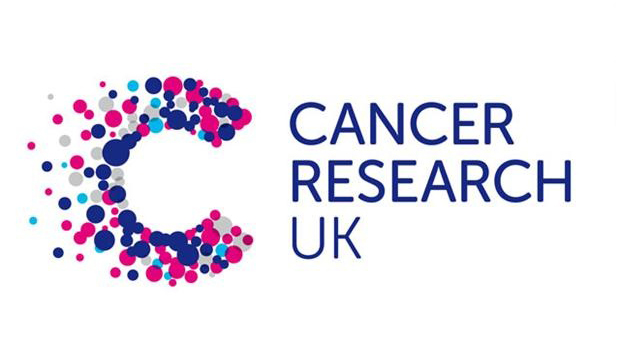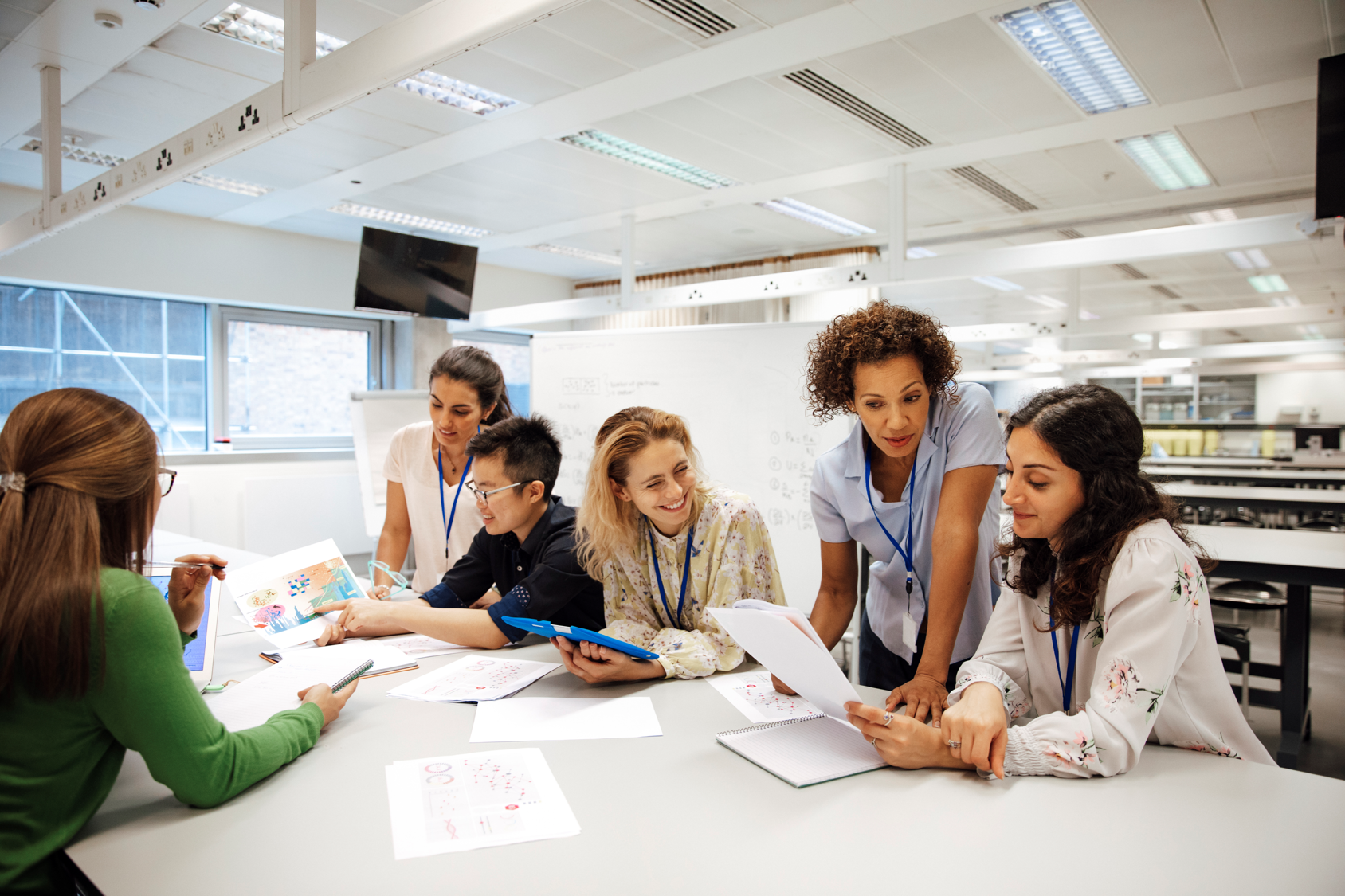Universities are trying to become more sustainable and environmentally friendly, whilst also increasing their societal impact. Technology transfer offices are often key to implementing and achieving this strategy.
As a charity, Cancer Research is extremely focused on ensuring that everything it does, delivers the biggest impact possible. One way the charity tries to maximise its impact is through sustainability in research, making sure it conserves the research resources, knowledge and technology it discovers, to ultimately help create better cancer treatments faster.

Without research, new treatments and therapies for cancers
as well as other diseases wouldn’t be possible. The resources dedicated to funding
research are enormous. In 2018, the pharmaceutical industry spent £1,364 billion
on research
and development and Cancer Research UK alone has an annual research spend of
£500 million. However, only about 14% of the treatments and drugs developed will
get FDA approval. This means, that to maximise every chance of success, every
opportunity must be seized to explore new ideas. Reducing opportunities for
waste and reusing research resources, knowledge and technology is vital to
maximise the opportunities for breakthroughs.
One of the biggest areas of waste, is when researchers invest
time and money into developing new research tools that have already been
created elsewhere. It can be difficult for scientists to identify and access existing
research tools that have been developed in other labs. This difficulty
increases after the end of research projects, as once these projects end, the
academics involved move on, and the materials and knowledge created are often
forgotten or left behind in storage units across various university campuses. This
can lead to commercial opportunities being lost for technology transfer offices
as freezers are cleared of potential valuable reagents to make room for new
research projects.
To try to reduce this type of waste, Cancer Research UK has
a dedicated team that works with technology transfer offices, worldwide, to
identify, promote and create commercial opportunities for life sciences
reagents. The Ximbio team, part of the technology transfer office at Cancer
Research UK, works specifically on making sure research tools generated by
scientists all over the world are easily accessible, to accelerate life science
research. With thousands of reagents from thousands of researchers and hundreds
of labs across the globe, this single collection of research tools helps to
ensure that knowledge and research materials, that would otherwise be lost, are
maintained. This portfolio also supports technology transfer offices by
providing them with a centralised location of their life sciences reagents and
reduces the burden of managing and promoting the reagents themselves.
“Good science needs the best research tools to carry it out. It is paramount that these research tools are widely and easily available to scientists so that we can maximise the opportunity for breakthroughs. At Ximbio, we are proud to be supporting life science research by making these tools accessible to any scientist that needs them, through our global technology transfer partnerships.”
- Robert Bondaryk, Ximbio’s Global Head

Sustainability is a hugely topical issue and it should be
considered in all walks of life. One of the ways Cancer Research UK and
universities can achieve this, is to make sure they are sustainable in their research.
If the research industry can avoid wasting resources, time and knowledge, not
only will more opportunities for research break throughs arise, but technology
transfer offices can take advantage of a new revenue stream and increased
commercial opportunities.
